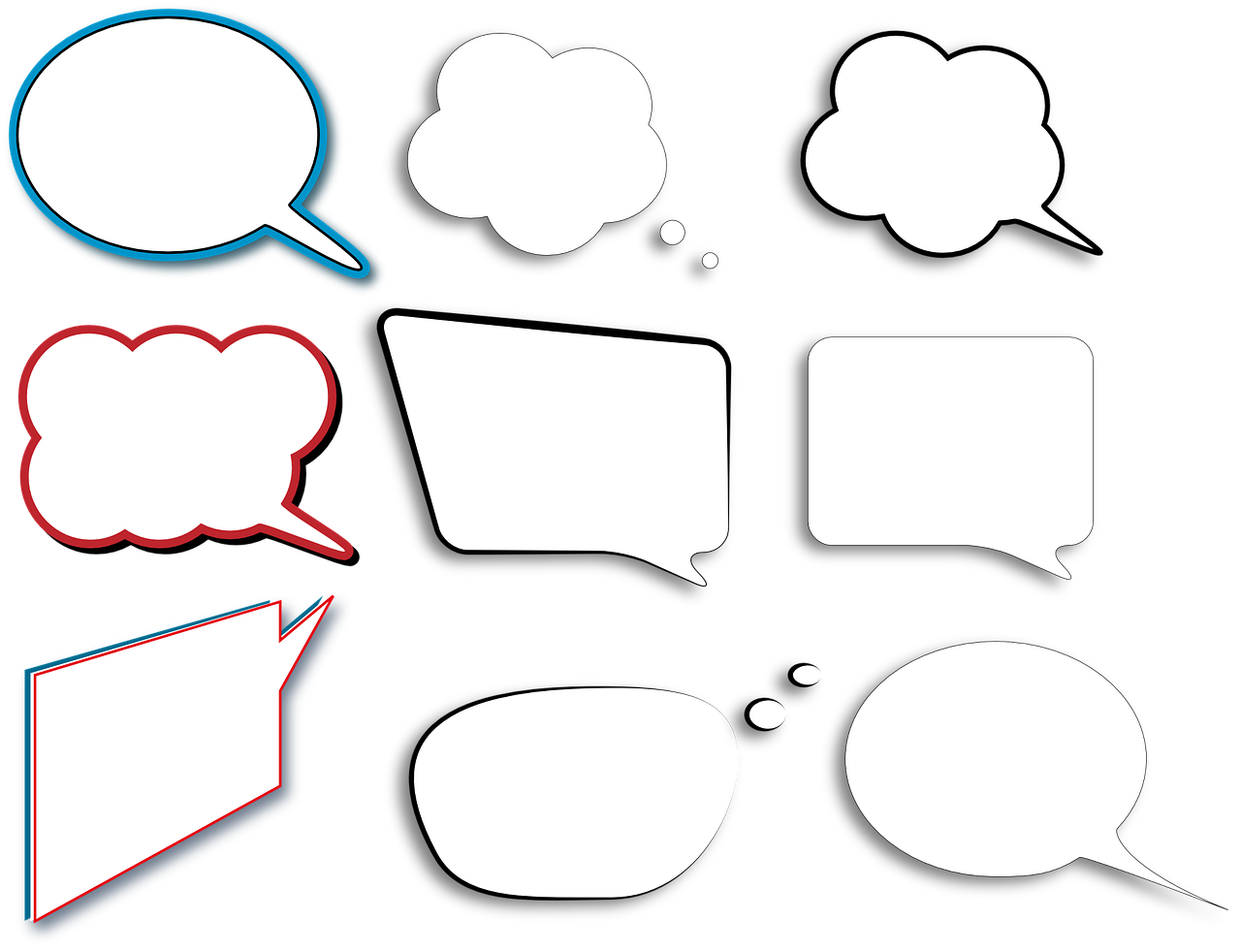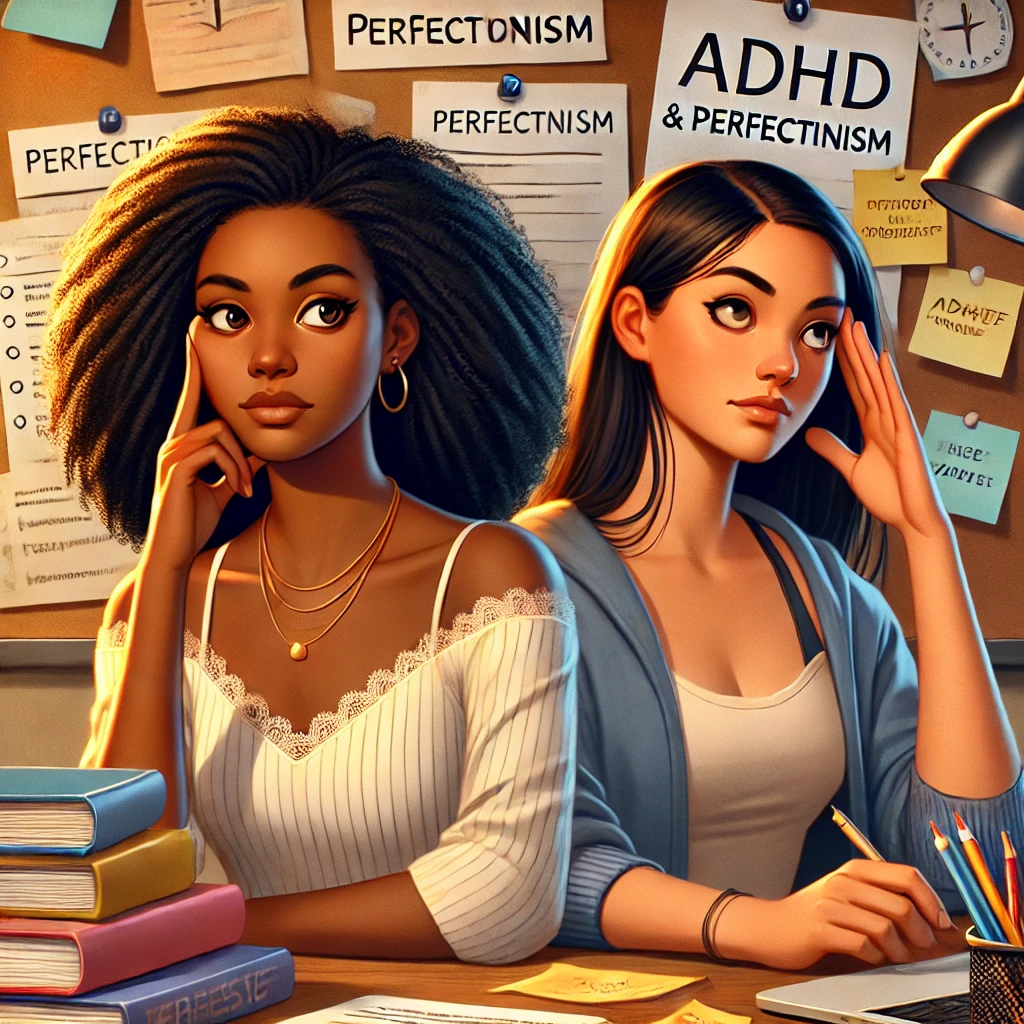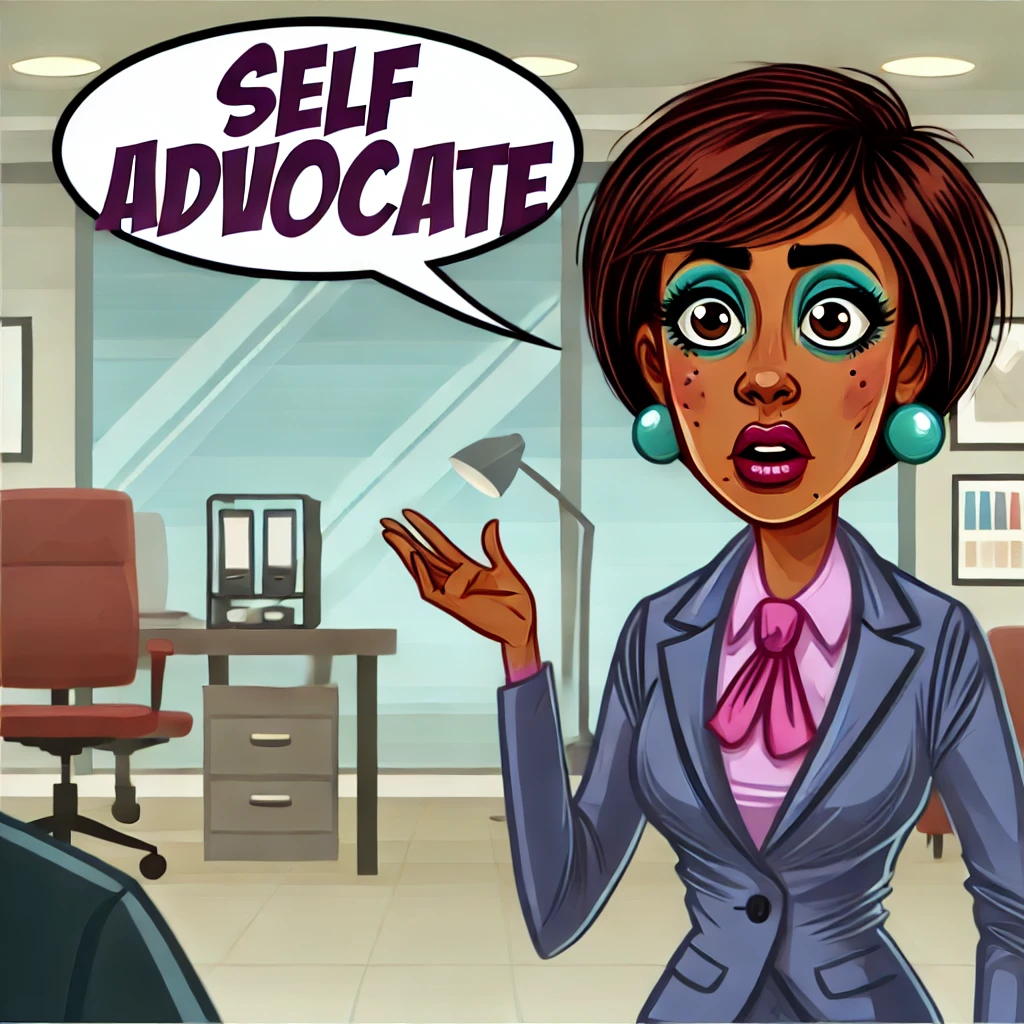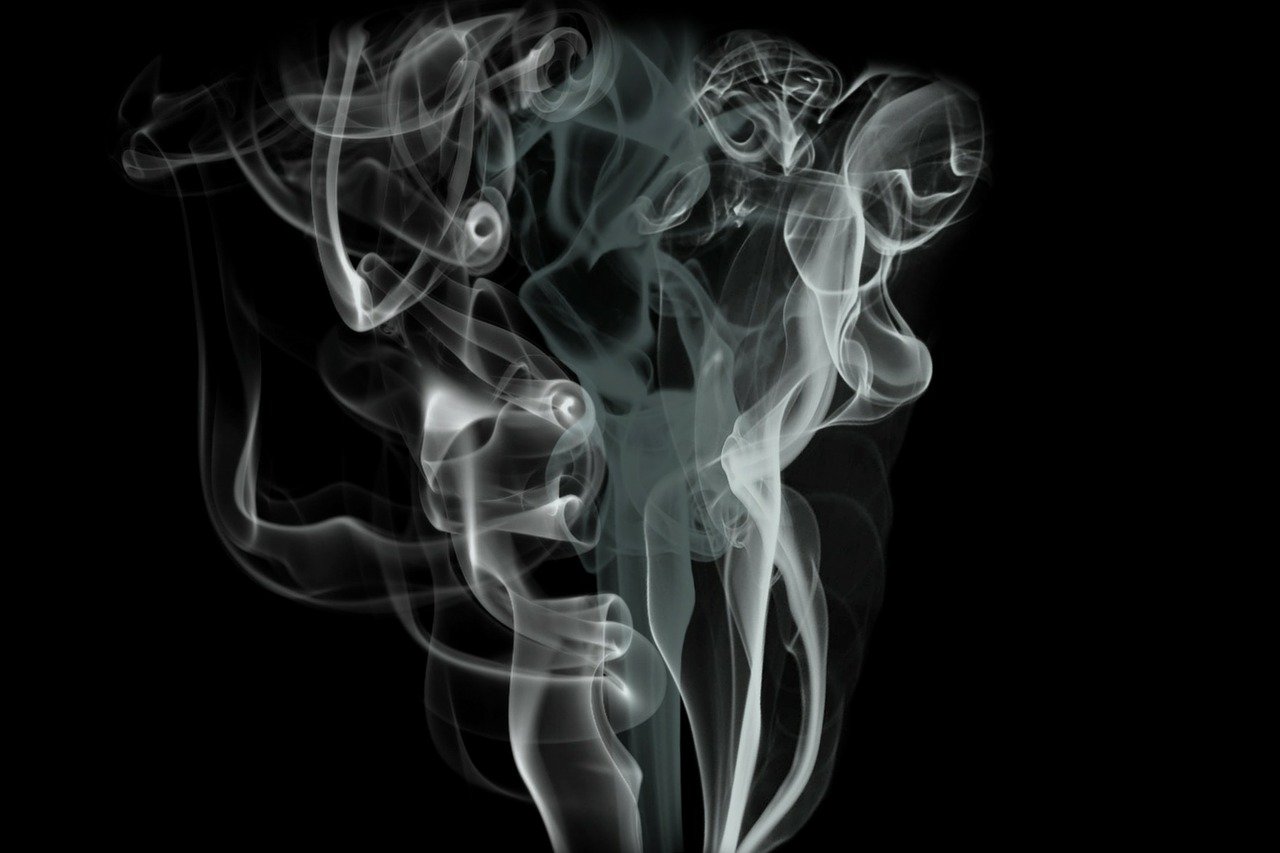5 AuDHD Challenges Women Face
Living at the Intersection of ADHD and Autism
Being Autistic and ADHD—what a lot of us call AuDHD—can feel like juggling two parts of yourself that don’t always line up.
ADHD might push you to dive headfirst into something new, while autism pulls you back, craving routine and predictability. It can feel exhausting, but understanding how these pieces fit together can feel empowering.
In this post, I’m breaking down five real challenges that come with being an autistic and ADHD person—and hopefully give you some helpful insights.
1. Diagnostic Difficulties: When the Full Picture Is Hard to See
One of the most significant challenges AuDHD women face is obtaining an accurate diagnosis. ADHD or autism diagnoses can be complex on their own, but for AuDHD women, the process often results in partial recognition of their experiences.
Why This Happens:
- Symptom Overlap: Shared traits like executive dysfunction and sensory sensitivities blur the lines between ADHD and autism, complicating diagnosis for AuDHD women (Craddock, 2024).
- Masking: Many AuDHD women develop masking behaviors that suppress visible symptoms, preventing proper identification (Pyszkowska et al., 2024).
- Gender Bias: Traditional diagnostic models are often based on male presentations, contributing to the underdiagnosis of AuDHD women (Craddock, 2024).
➡️ Navigating This Challenge:
- Seek neurodivergent-affirming providers who are familiar with the unique challenges AuDHD women encounter.
- Trust your experience—if one diagnosis doesn’t fully capture your reality, consider further evaluation.
- Resources like the Autistic Girls Network can provide valuable insights for AuDHD women exploring diagnosis.
2. Sensory Overload vs. Seeking Stimulation
A common challenge for AuDHD women is balancing autism-related sensory sensitivities with ADHD’s craving for stimulation. This paradox can create environments that are both overwhelming and under-stimulating.
Examples:
- Loud spaces may trigger sensory overload for AuDHD women, yet quiet environments might lead to boredom.
- Seeking novelty may result in overstimulation, while predictable routines feel dull.
➡️ Navigating This Challenge:
- Develop a sensory toolkit tailored to help you soothe or stimulate yourself—fidget toys, noise-canceling headphones, and sensory-friendly spaces can help.
- Listen to your body’s signals and adjust your environment to manage sensory challenges.
- Communities like AuDHD For She offer shared strategies for managing sensory difficulties.

3. Internalized Stigma and Masking
Internalized stigma is a persistent challenge for AuDHD women, often stemming from years of masking to fit into neurotypical environments.
Why This Happens:
- Social Expectations: AuDHD women are often expected to manage emotional regulation and daily responsibilities flawlessly, contributing to masking (Rosqvist et al., 2023).
- Fear of Misunderstanding: Internalized shame can amplify the masking behaviors that many AuDHD women adopt (Pyszkowska et al., 2024).
➡️ Navigating These AuDHD Challenges:
- Gradually reduce masking in spaces where you feel safe. Unmasking is a key step in addressing the emotional challenges of AuDHD women.
- Recognize that masking is a survival strategy, not a failure. Self-compassion can help ease this challenge for AuDHD women.
- Practitioners like NeuroSpark Health offer neurodivergent-affirming care for women with AuDHD.
4. Conflicting Needs: Routine vs. Impulsivity
Many AuDHD women experience an internal tug-of-war between autism’s need for structure and ADHD’s craving for spontaneity.
Examples:
- Carefully planned routines may be disrupted by impulsive decisions, creating frustration for AuDHD women.
- AuDHD women might crave novelty yet find abrupt changes distressing.
➡️ Navigating These AuDHD Challenges:
- Create flexible routines that respect the dual needs of AuDHD women—structured yet adaptable plans help balance impulsivity and predictability.
- Timers and visual schedules can help mitigate this common challenge of AuDHD women.
Strength Highlight:
This dynamic often fosters creativity and innovation. AuDHD women can learn to navigate conflicting impulses by being kind and flexible with themselves and this problematic challenge they face.
5. Limited Support Systems and Resources
Despite increasing awareness, support systems for AuDHD women remain scarce. Many resources focus exclusively on either ADHD or autism, neglecting the intersection of the two.
➡️ Navigating These AuDHD Challenges:
- Seek out communities that center on AuDHD women’s challenges and strengths, such as Dueling Minds.
- Blend strategies from both ADHD and autism communities to build a personalized resource toolkit that addresses the specific challenges of AuDHD women.
- Publications like ADDitude Magazine often provide helpful tools for women managing ADHD, which can be adapted to suit AuDHD women.
Reflection: Embracing Your Full Neurodivergent Identity
Embracing life as an AuDHD woman involves balancing challenges with strengths, developing resilience, and redefining success on your terms. Recognizing both the difficulties and the gifts of your neurodivergence helps build a fulfilling and authentic life.
Reflection Questions:
- What areas of your life reflect the greatest AuDHD challenges?
- How can you honor both structure and spontaneity as an AuDHD woman?
- What strengths have emerged from your experiences with AuDHD challenges?
Links on this page to check out!
Resources and Links for AuDHD Women
Here are some helpful resources to dive deeper into the AuDHD experience, find community, and access neurodivergent-affirming support:
1. Diagnosis and Understanding AuDHD:
- Autistic Girls Network – https://autisticgirlsnetwork.org/audhd A resource hub supporting girls and women navigating autism, ADHD, and AuDHD diagnoses.
- Neurodivergent Insights – Am I Autistic? https://neurodivergentinsights.com/blog/am-i-autistic Provides self-assessment tools and guides for exploring autistic and ADHD traits.
2. Sensory Support and Managing Overload:
- AuDHD For She – https://audhdforshe.com A community-driven site offering resources specifically for women with both ADHD and autism.
3. Unmasking and Mental Health Support:
- NeuroSpark Health – Affirming Therapy for Neurodivergent Women https://urimrecovery.com/neurodivergent-affirming-therapy Offers trauma-informed, affirming therapy for neurodivergent individuals, including those with AuDHD.
4. Community and Connection:
- Dueling Minds – Community for Neurodivergent Adults https://www.duelingminds.org A nonprofit creating spaces for individuals living with overlapping neurodivergent identities, including AuDHD.
5. ADHD-Specific Resources:
- ADDitude Magazine – ADHD Women’s Resources https://www.additudemag.com/best-web-resources-for-adhd-women A comprehensive list of ADHD tools, articles, and communities specifically designed for women.
References on Audhd Challenges and Stregnths
- Craddock, E. (2024). Being a woman is 100% significant to my experiences of attention-deficit hyperactivity disorder and autism: An interpretative phenomenological analysis. Qualitative Health Research, 34(14), 1444–1456.
- Pyszkowska, A., Nowacki, A., & Celban, J. (2024). The daydream spectrum: The role of emotional dysregulation, internalized stigma, and self-esteem in women with ADHD and AuDHD. Journal of Attention Disorders, 29(1), 51–67.
- Rosqvist, H. B., Hultman, L., Österborg Wiklund, S., Nygren, A., Storm, P., & Sandberg, G. (2023). Naming ourselves becoming neurodivergent scholars: An ADHD collective autoethnographic exploration of possibilities for critical ADHD studies. Disability & Society, 38(11), 1761–1776.
Other Pages to check out on this Site






